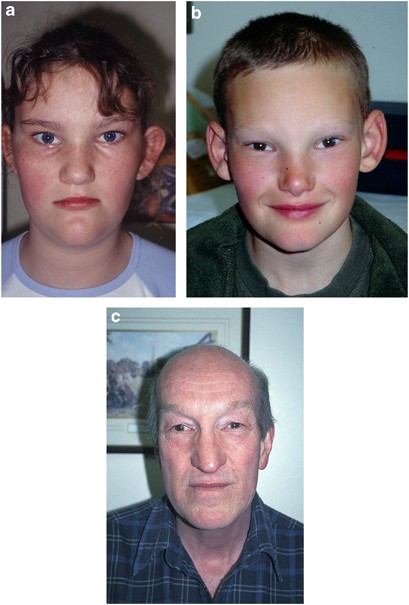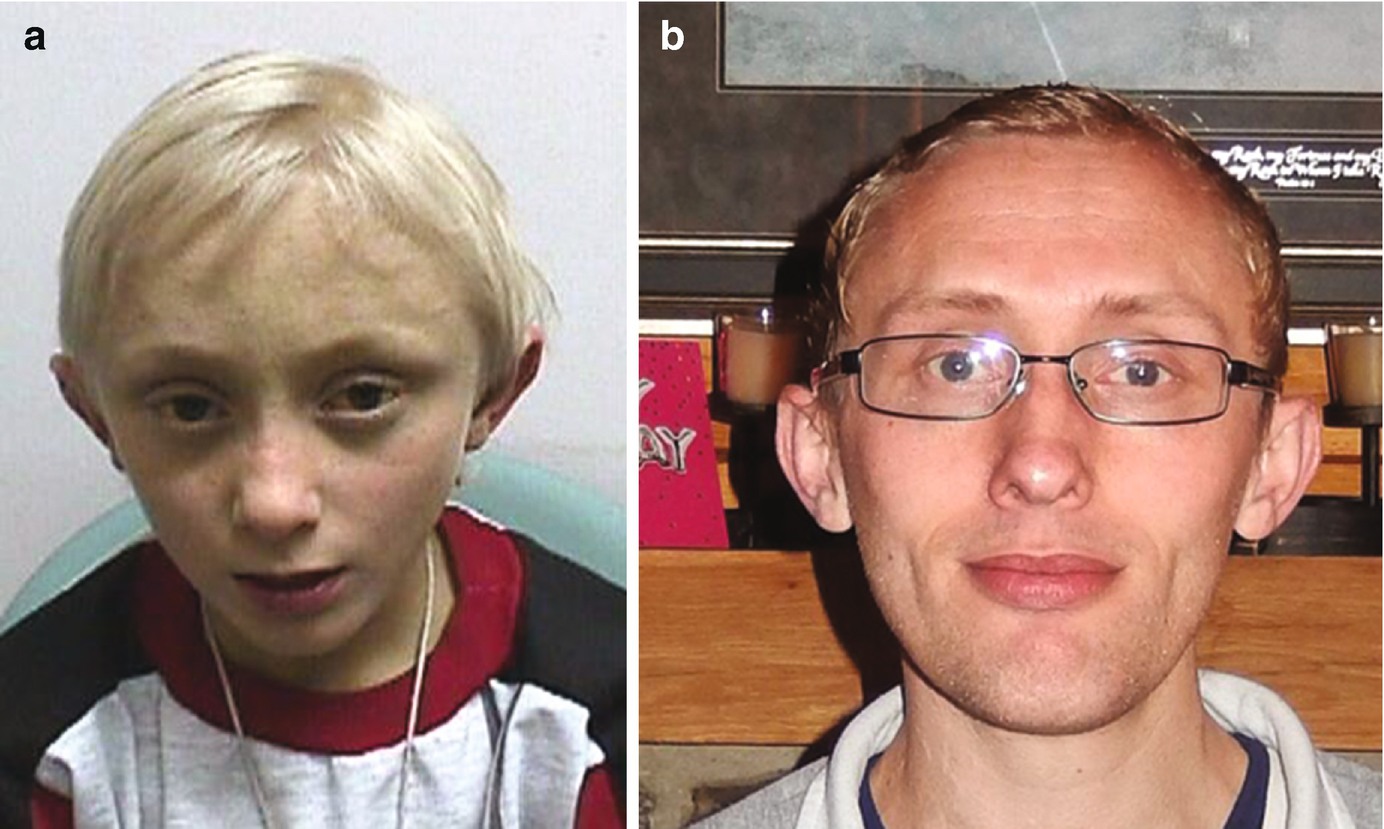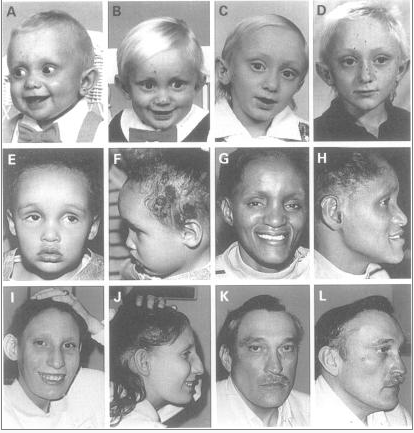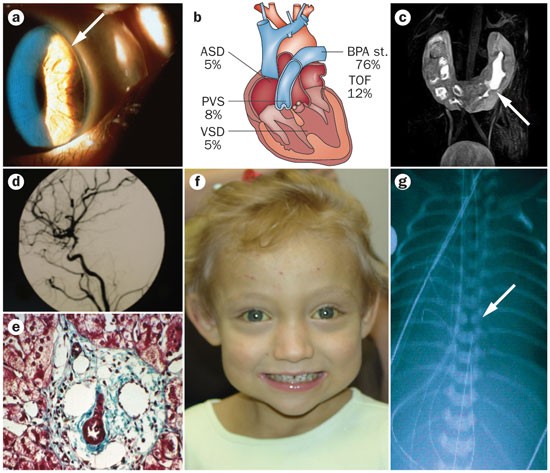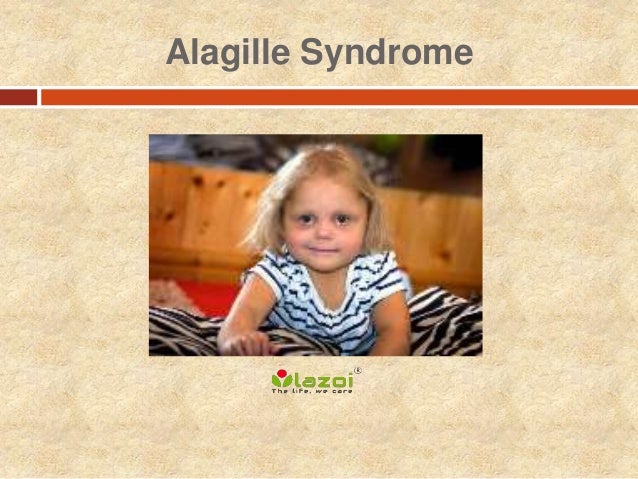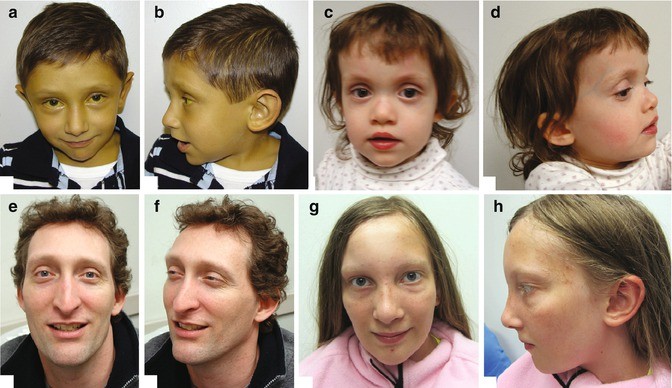Alagille Syndrome Adults
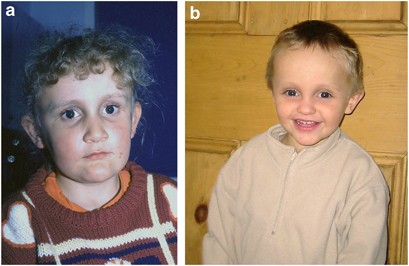
This leads to bile building up inside the liver which in turn causes liver scarring and damage.
Alagille syndrome adults. Problems associated with the disorder generally become evident in infancy or early childhood. Alagille syndrome is a genetic disorder that can affect the liver heart and other parts of the body. What are the complications of alagille syndrome. Alagille syndrome is a genetic disorder that may affect many different parts of the body including the liver.
It is named after the french pediatrician daniel alagille who first described the condition in 1969. Many adults with alagille syndrome whose symptoms improve with treatment lead normal productive lives. One of the major features of alagille syndrome is liver damage caused by abnormalities in the bile ducts. Alagille syndrome is a genetic syndrome that can affect the liver and other parts of the body.
Alagille syndrome is a genetic disorder that affects primarily the liver and the heart. A person with alagille syndrome has fewer than the normal number of small bile ducts inside the liver. Bleeding into the brain bone fractures death delayed mental or physical growth or failure to thrive diarrhea heart disease kidney failure liver failure which happens in about 15 of those affected malnutrition pancreas disease problems with the eyes. Deaths in people with alagille syndrome are most often caused by chronic liver failure heart problems and blood vessel problems.
Alagille syndrome also known as alagille watson syndrome syndromic bile duct paucity and arteriohepatic dysplasia is an autosomal dominant inherited disorder associated with liver heart eye and skeletal abnormalities as well as characteristic facial features. Individuals with alagille syndrome usually have distinctive facial features including deeply set and widely spaced hypertelorism eyes a pointed chin broad forehead and low set malformed eyes. A person with alagille syndrome has fewer than the normal number of small bile ducts inside the liver. Alagille syndrome is generally inherited only from one parent and there is a 50 chance that each child will develop the syndrome.
Each affected adult or child may have all or only a few of the features of the syndrome. As bile builds up in the liver it may cause liver damage. The genetic basis has recently been defined and the alagille gene has been found. Posted may 10 2017 by blazhe arsov 1050.
The disorder is inherited in an autosomal dominant pattern and the estimated prevalence of alagille syndrome is 1 in every 100 000 live births. Individuals with ags may have. Alagille syndrome is a genetic disorder that may affect many different parts of the body including the liver heart eyes face skeleton blood vessels and kidneys.
